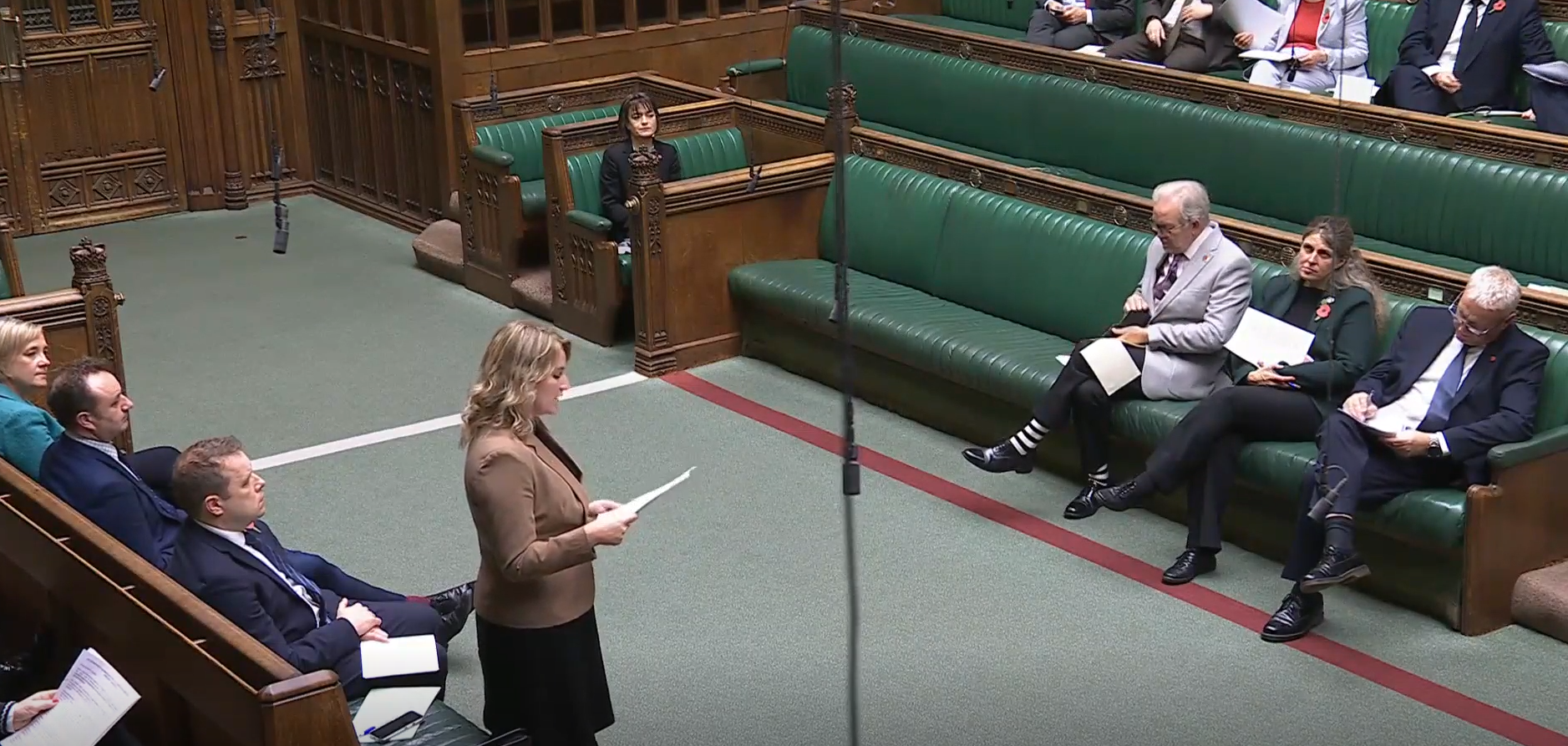
This week, MPs have had their first opportunity to vote on and debate the Public Office (Accountability) Bill – better known as the Hillsborough Law.
Championed by the Hillsborough families and campaigners it’s being presented as a way to prevent future state cover-ups such as the one they faced after the Hillsborough disaster.
It would introduce a new duty on public authorities and public officials to act with candour, transparency and frankness; a new offence of misleading the public; and more broadly makes provisions to improve public inquiries and investigations. We believe that for this bill to be truly effective, it needs to guarantee stronger protections for the whistleblowers that come forward.
Whistleblowing firmly on the agenda
We were pleased to see numerous MPs from across the political spectrum including Labour’s David Baines and the Lib Dem’s Jess Brown-Fuller and Tessa Munt raise the issue of whistleblowing. They voiced calls for the bill to explicitly recognise the role of whistleblowers, to enhance whistleblowing protections on disclosures made under the new duty of candour, and to bring in a statutory duty on organisations to foster a speak-up culture. It’s a positive reflection of the state of whistleblowing in the Westminster agenda to hear these contributions and we are excited to engage with MPs and their officials on these issues as the bill progresses.
This law is long overdue. As the Prime Minister outlined in his conference speech in September, the state has for too long reacted to injustice by turning a blind eye to the victims and defending the perpetrators. From Hillsborough to Grenfell, to Windrush and Horizon, the British state has at times shown a culture of defensiveness and at worst dishonesty.
The introduction of a duty of candour is intended to change the culture in the public sector in favour of transparency, honesty and accountability. However, there is still room for improvement in the proposed legislation and we will be pushing Parliamentarians to table amendments to ensure the bill includes:
- A duty on all public sector employers to take reasonable steps to investigate the concerns raised by whistleblowers. Whistleblowers too often face a wall of silence. An estimated 39% of callers to our Advice Line from local and central Government say their employers simply ignore their concerns. A junior civil servant speaking up to a senior colleague may think they’re adhering to their duty of candour, but there is no obligation on their employer to investigate the wrongdoing. If staff are encouraged by law to speak up, there must be a clear legal commitment from their employers to investigate whistleblowing concerns.
- An independent commissioner for civil servants to take whistleblowing concerns, outside of their departments. If civil servants are unable to speak candidly in their own departments they may instead speak to the media or, worse, stay silent – leading to risks escalating and scandals developing. The creation of an independent body for civil servants to go to would ensure whistleblowers could raise concerns in confidence.
- A requirement that public sector bodies are under a duty to prevent victimisation of whistleblowers. Not only do we need to give whistleblowers the avenues to speak up, but we must also work to protect them after they have done so. The results of the Civil Service People Survey 2024 found that only a half believed it was safe to challenge existing processes and practices. This mirrors the issues we see on the Advice Line where two thirds of those working both across local and central Government last year told us they were either dismissed, victimised by managers or co-workers or felt forced to resign after blowing the whistle. It is for this reason that we need a requirement that public sector bodies are under a duty to prevent victimisation of whistleblowers.
We welcome the Government’s proposals as a positive change but believe our three amendments are essential in ensuring the new law delivers on its intended consequences and doesn’t leave whistleblowers high and dry. Civil servants need greater confidence that the system will work for them, not against them, and the acknowledgment of the role they play in exposing and uncovering dishonesty and wrongdoing.
